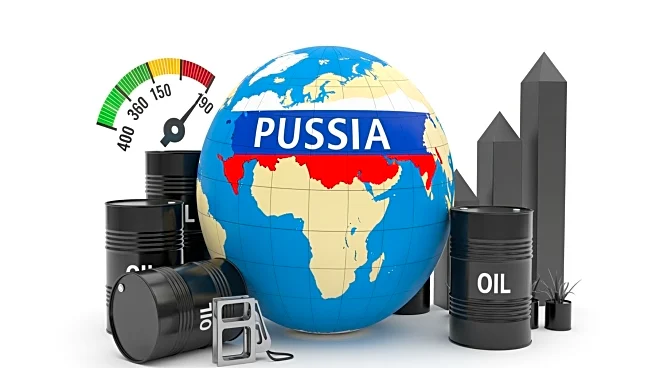What's Happening?
The United States has imposed new sanctions on Russia's oil industry, targeting major companies such as Rosneft and Lukoil. This move is part of an effort to pressure Russian President Vladimir Putin to negotiate and end the ongoing conflict in Ukraine.
As a result, oil prices have surged, with U.S. benchmark crude increasing by 5.6% to $61.79 per barrel. Analysts predict that these sanctions will lead to higher gasoline, diesel, and jet fuel prices for American consumers. The sanctions are expected to impact the market within days, potentially causing a rise in pump prices as early as next week.
Why It's Important?
The sanctions against Russian oil companies are significant as they could lead to increased energy costs in the United States, affecting consumers and various industries reliant on oil products. Higher energy prices can contribute to inflation, impacting the cost of goods and services across the economy. The sanctions also represent a strategic shift in U.S. policy, as previous measures avoided directly targeting Russian oil firms. This move could have broader geopolitical implications, potentially influencing global oil supply and trade dynamics.
What's Next?
The sanctions may prompt Russia to reconsider its position in the Ukraine conflict, as economic pressure mounts. Additionally, President Trump may respond to rising oil prices if they reach uncomfortable levels for the U.S. economy. The OPEC+ alliance, which includes Russia, is scheduled to meet on November 2, where further production decisions could be made. The situation remains fluid, with potential retaliatory actions from Russia and adjustments in global oil markets likely.














